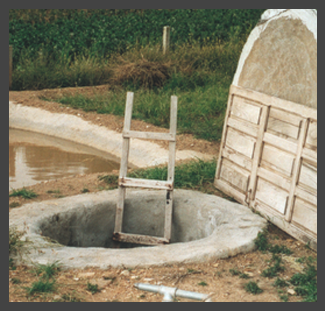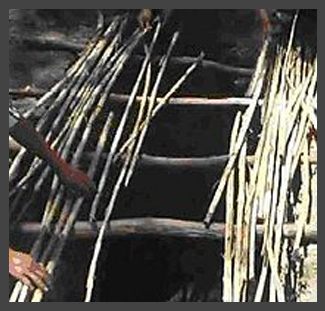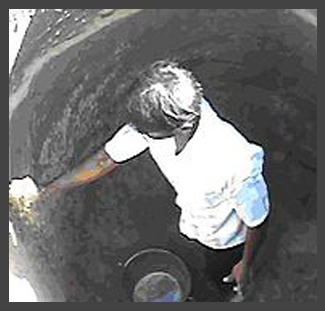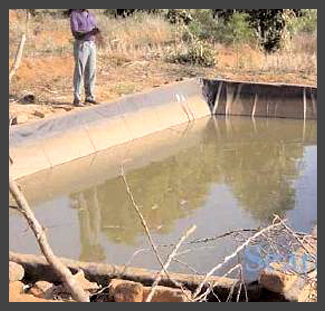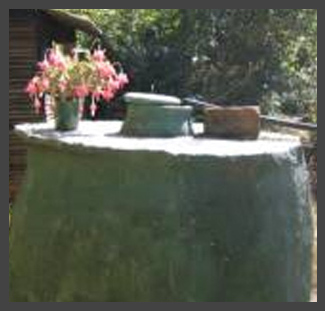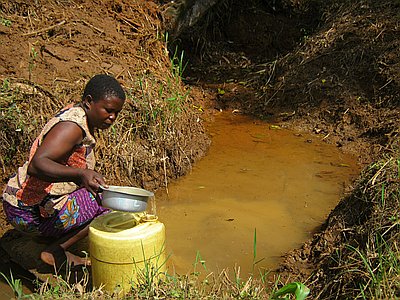Difference between revisions of "Below ground tanks"
(→Field experiences) |
|||
| Line 29: | Line 29: | ||
<br> | <br> | ||
===Field experiences=== | ===Field experiences=== | ||
| + | These projects may be utilizing below ground tanks and are part of the project listing in Really Simple Reporting (RSR) on [http://www.akvo.org Akvo.org]. | ||
| + | |||
{| style="width: 70%; text-align: justify; background-color: #f5f5f5;" | {| style="width: 70%; text-align: justify; background-color: #f5f5f5;" | ||
|[[Image:rsr 644.jpg|thumb|none|200px|<font size="2"><center>Project 644</center></font>|link=http://wandelenvoorwater2014.akvoapp.org/en/project/644/]] | |[[Image:rsr 644.jpg|thumb|none|200px|<font size="2"><center>Project 644</center></font>|link=http://wandelenvoorwater2014.akvoapp.org/en/project/644/]] | ||
Revision as of 06:22, 17 October 2013
One of the best advantages of underground water tanks is the space conserved by simply installing the water tank in the ground. This provides extra or larger space which may be utilized for other purposes. The underground water tank eliminates exposure to weather conditions but must lie above the water-table level. However, below ground tanks are more expensive to build. The plastic-lined tank and the ferrocement jar tank can be either above ground or below ground.
Field experiences
These projects may be utilizing below ground tanks and are part of the project listing in Really Simple Reporting (RSR) on Akvo.org.
| Akvo RSR Project: Rwenzori Integrated School WASH Project
HEWASA and JESE will jointly implement this 3-years school WASH program in Kabarole district in the West of Uganda. Not only 24 schools will be supplied with WASH facilities (Rainwater Harvesting Tanks, Ecosan Latrines and Handwashing facilities) but 72 surrounding communities will be included for household latrine construction through CLTS, hygiene and health education and promotion. |
Below ground tank links
- VIDEO: Tanks - underground cistern in sandy soil. EMAS video.
